by Alex Dueben
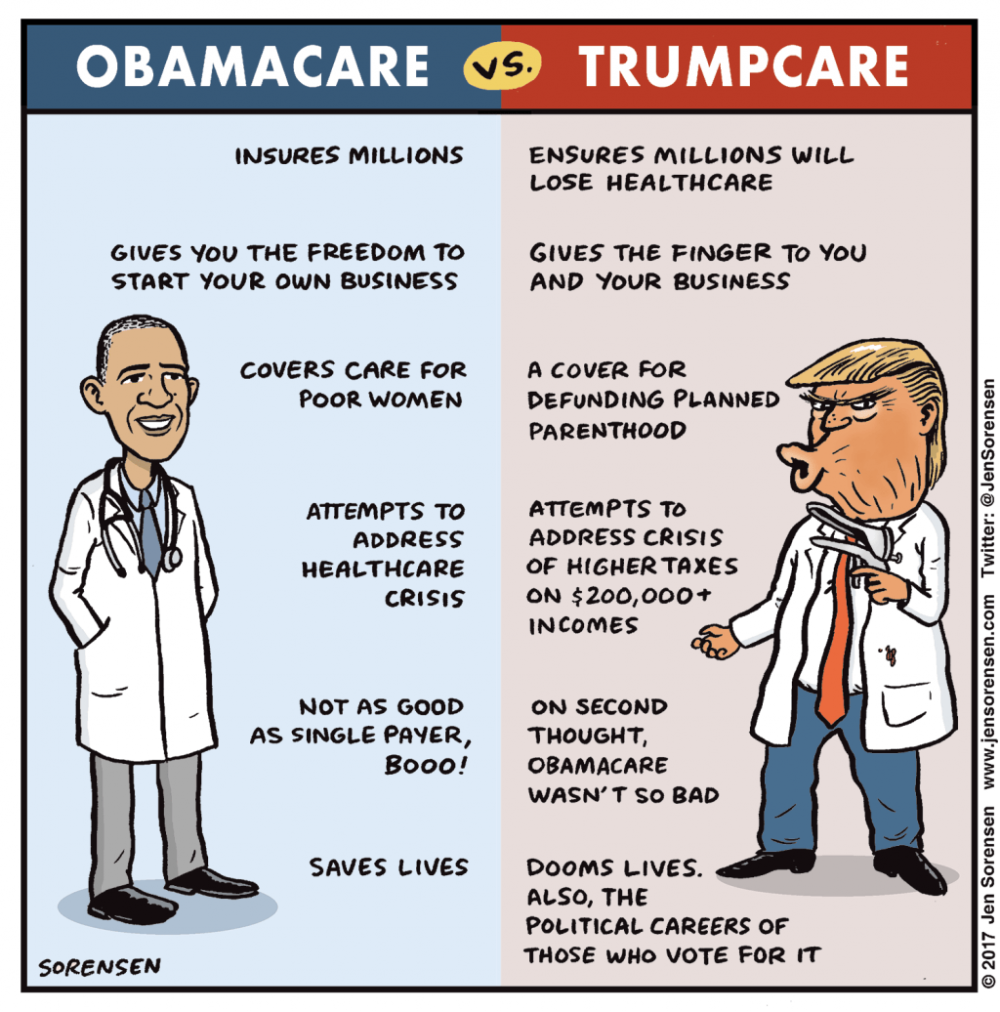
Sorensen started out with the comic Slowpoke in the late nineties, which was featured in weekly newspapers across the country and received a Xeric Grant in 2000 for the series. Over the years though her work has gotten more political, and we talked about the reason for that and her thoughts about what it means to be a cartoonist in the present political and media environment.
Alex Dueben: You started “Slowpoke” back in the late 1990’s so despite being young, you’ve been through a few boom and bust cycles of print media and digital media by this point.
Jen Sorensen: It’s definitely been a roller coaster ride. Since I started, it’s just constant ups and downs. Both politically and professionally, I think, it’s been unstable.
Dueben: Unstable is definitely how I would describe the industry over the past two decades, but you seem to have found a home online.
Sorensen: That was a pleasant surprise. Print media started collapsing in the mid-2000s. When I first started out, it seemed like alternative news weeklies were the future of newspapers. It was a booming industry. It was a product of the nineties and that nineties mentality. At the time, I had a day job at the University of Virginia and I was sending my strip out and picked up one paper here and another paper there very gradually. I was building up a client list and then that fateful day where Village Voice Media dropped comics across the entire chain. I was actually spared the worst of that. I think I was just in the Village Voice at the time, but that was a big loss. [laughs] Not that the pay was all that great, but it had been my goal to get into that paper.
At the time I really wasn’t sure whether I would be able to continue, but then dailykos came along and picked up a bunch of alt weekly cartoonists and breathed some life into our industry online. They did really well on dailykos they were shared a lot and got good traffic and I think it set a precedent. Not that it was the first home for political cartoons online, but something about dailykos at that moment turned the tide a bit. A few more websites started running political cartoons – and paying fairly for them. People started realizing that they were highly shareable and that they could do well online. I’ll add that print has stabilized. At least it had stabilized under the second Obama administration. I actually added papers during that time. I wouldn’t say this is a growth industry. I think it would be very hard to break into now, but I did get the sense that print media had stabilized and some papers were doing okay. For me it’s really a hybrid now between print and digital. Certainly the digital side of things has grown the most in the past few years.
Dueben: Now there are outlets like The Nib or Fusion which showcase comics and different approaches to cartooning.
Sorensen: The Nib has been great. They run my regular cartoons and then I work as comics editor for Fusion. There’s been this nice period where it feels like websites are willing to experiment a little more and it’s been great to see The Nib be successful. I just hope that that lasts. I guess I’m feeling a little bit pessimistic about the future of the economy under the Trump administration. I wonder, when the next recession comes, how much of this is going to survive. There’s really no way to tell.
Dueben: You’re the comics editor at Fusion and you’ve put out some really interesting work. How do you think of that space and what you’re trying to do?
Sorensen: At Fusion I try to commission special comics that reflect a diversity of perspectives. I think Fusion in general is all about representing America as it is. What I’ve been doing is publishing pieces that often tend to be either personal stories or opinion pieces. I really like being able to find cartoonists who maybe aren’t as widely known and bring some more attention to their work. I would say the most satisfying part of my job is just getting to know new people and allowing them to get – I don’t like using the word “exposure” because it’s so abused – but it’s very satisfying to help shepherd people’s work into the world.
Dueben: Cory Thomas, for example, who got a lot of attention for his comic, The Weirdness of Being Black in White Spaces After the Election.
Sorensen: Exactly! I was going to mention Cory Thomas. He’s so great and he really deserves a lot more fame. That piece was fantastic and really resonated with a lot of people.
Dueben: What has it been like editing comics? Because there is no guideline or class or standard for what that entails or how to learn.
Sorensen: It’s been a real learning experience. I think it makes you a better writer. Suddenly viewing things from that editor’s perspective it makes you aware of so much. I guess I like it. I feel like years of doing comic strips and constantly having to simplify them to fit everything into four little panels has given me tools to look at a piece and cut out excessive verbiage and to get things as concise as possible. It has been really interesting suddenly wearing the editor’s hat and realizing how involved an editor’s job is and how many details they have to keep track of. It’s certainly made me more sympathetic to editors. [laughs] We cartoonists like to complain about them, but it is a tough job.
Dueben: You moved to Austin, Texas a few years ago. Do you think that’s changed your work or perspective?
Sorensen: I lived in Charlottesville, Virginia for a long time which is sort of a similar dynamic to Austin in that it’s a very blue college town in a more red state. Although Virginia has gone blue in recent years. I would say that there are certain issues that I’ve done comics about – gentrification is one that comes to mind – that were directly inspired by Austin. That’s very much on display as Austin becomes a tech town, basically. I did this one cartoon called the gentrification cycle, which was basically about the East Side of Austin, and how that’s just rapidly transforming from predominantly Mexican and now it’s a hipster neighbor and before long it’s going to be completely unaffordable to anyone. I will say that my ability to draw pickup trucks has improved since I moved to Texas, because there are just so many of them. I don’t even need to look at pictures to draw a really good grill. [laughs] There’s a lot of really badass feminist activists in Austin, so that’s probably influenced my work a little.
Dueben: You won the Herblock Award a few years ago and you said that your job is “worrying about how humanity is destroying itself.” Which is a good line, but do you think that is the role of the cartoonist in some way?
Sorensen: I’m doing a lot of worrying about humanity destroying itself these days. [laughs] I think it is an important role of a political cartoonist. I think sometimes it’s probably more acute than others. It’s something that’s hard to deal with sometimes. Right now I find that these aren’t really funny times. [laughs] There are ludicrous characters and you can make fun of Trump and these ridiculous nominees, but at the same time I don’t want to normalize him. I find myself not even wanting to draw him. I mean, I do and I will, but I don’t want to treat him like any other President. I’ve been struggling with that. How to be humorous at a time when things are just very serious. I guess what I wind up doing is somewhat darker humor, darker cartoons, and more informative cartoons that say, this is what’s happening, can you believe it? With the Bush administration things were terrible and there were definitely some dark times, but I felt like you could make fun of Bush for being a buffoon and the implications just weren’t quite as grave. It’s a different time now.
Dueben: I’ve been thinking about this a lot. Betsy DeVos’ line about grizzly bears is absurd and funny, but I’m sure there are lots of people who heard that but don’t know that she said that disabled and handicapped students should not be guaranteed access to a public education, which is horrifying.
Sorensen: In my last cartoon I included a grizzly joke, but I feel like that was such an easy cheap shot. [laughs]
Dueben: Of course that wasn’t the only thing that shocked us or that we could make fun of last week.
Sorensen: Right. Basically there are so many things happening at once, it’s almost hard to chronicle them all. If I can just include a few little tidbits of information in each cartoon that maybe people hadn’t heard of, it’s the best I can hope for. It’s hard to fit everything in a cartoon.
Dueben: It’s unfair to judge the next four years by the first week, but it feels like repeating facts will be more important, as you said.
Sorensen: When I first started out I wasn’t even really political. I just wanted to do surreal R. Crumb-ish comics. In the early days, I wanted to be as weird as possible. In the late nineties, in alt-weeklies, it seemed like we lived in times that allowed for absurdist humor. [laughs] That would feel a little more frivolous now. Over time I feel like I have a greater sense of urgency to make a point and to tell the truth. Hopefully in an amusing way. I’m not trying to be as weird as I possibly can. I think I’m trying to make things a little simpler now, and more accessible.
Dueben: What pushed you to be political?
Sorensen: I’ve always been interested in politics, but when I first got out of college I just wanted to have fun and do non-political work. What happened was the Bush vs Gore election and the Supreme Court [decision]. That was the event that really shocked me into starting to do political cartoons. It was just so outrageous at the time. Then 9/11 and the Iraq War. I prefer doing a mix of straightforward political cartoons and more cultural cartoons about trends and facial hair and things like that. Now I feel silly doing a strip about beards. [laughs] Maybe things will calm down and I can go back to doing cartoons about facial hair. As time went on and politics became more and more dire, that’s what really sent me down that path. Also I started picking up more and more clients that are explicitly political, like dailkos and The Progressive Magazine and once in a while The Nation will run a cartoon. That pushed me in a more political direction as well.
Dueben: In recent years you’ve won a lot of awards – The Herblock, The Robert Kennedy Award, the National Cartoonist Society division award. I’m sure it’s especially gratifying when your peers vote for you, but do you think the awards mean something? Do they help in terms of building a career?
Sorensen: That’s a really good question. It’s easy to be very cynical about awards because they’re so subjective and you do have to take them with a grain of salt to some extent. At the same time, I feel that winning those awards grant you a certain amount of legitimacy. Especially for someone like me who doesn’t have a staff position at a mainstream newspaper. I’ve always been on the fringe, drawing for alternative publications. I think that winning some of those awards did provide this boost that has allowed me to be seen as somewhat more respectable. [laughs] I’m not sure it’s actually translated into more clients, necessarily, but you get invited to do events or judge other contests. I was invited to go to Turkey in 2015 to judge a big international cartoon contest there and that was one of the most amazing experiences of my life. I think the awards help in certain ways.
Dueben: I’m sure you’re seeing a lot of interesting stuff from different people coming across your desk right now.
Sorensen: Yes, but as an editor it’s also important to look outside your own social network. I feel like I can never fully live up to my ideals. I’m constantly learning about what’s out there. I’ve been getting a lot of really interesting pitches from people lately. The election has suddenly inspired people to draw comics again. It’s weird because there was this lull before, but everyone wants to do something now.


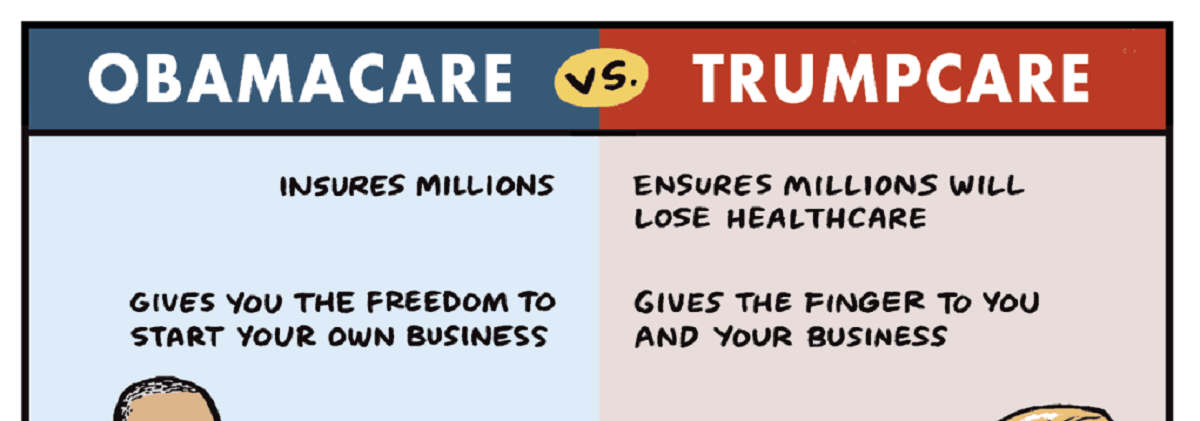
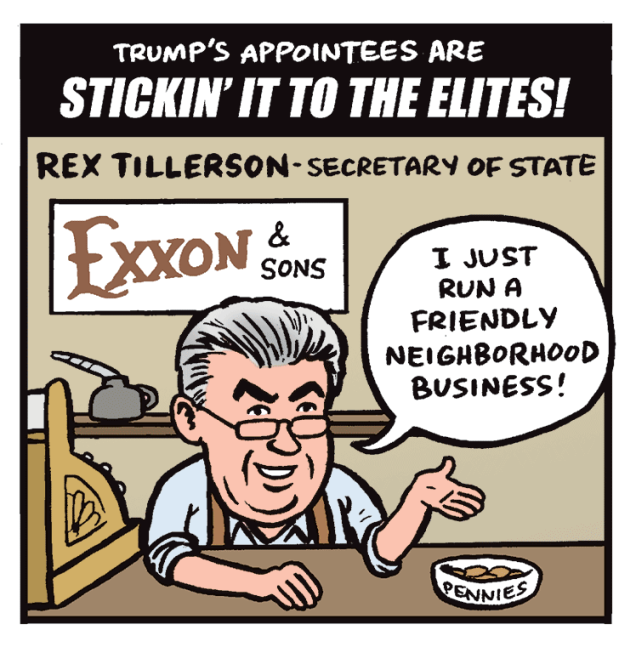
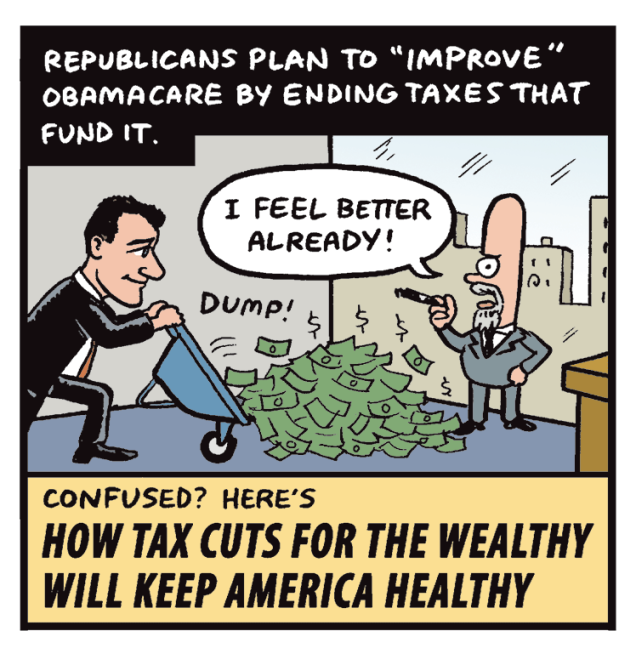
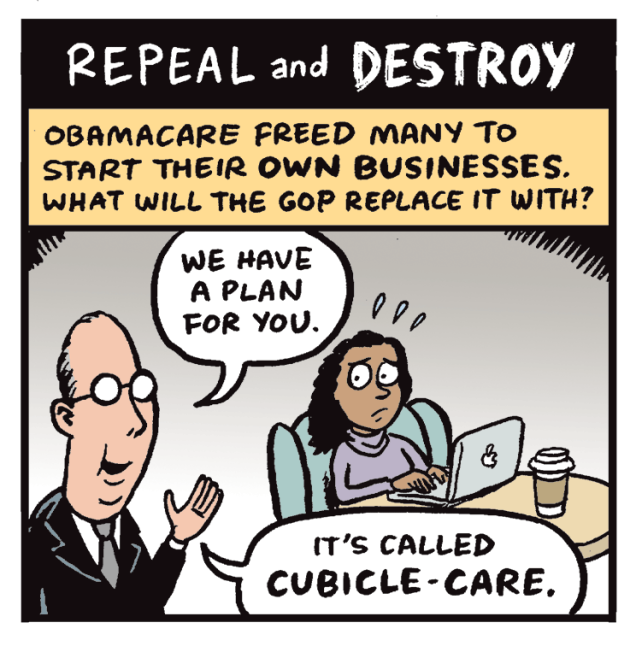

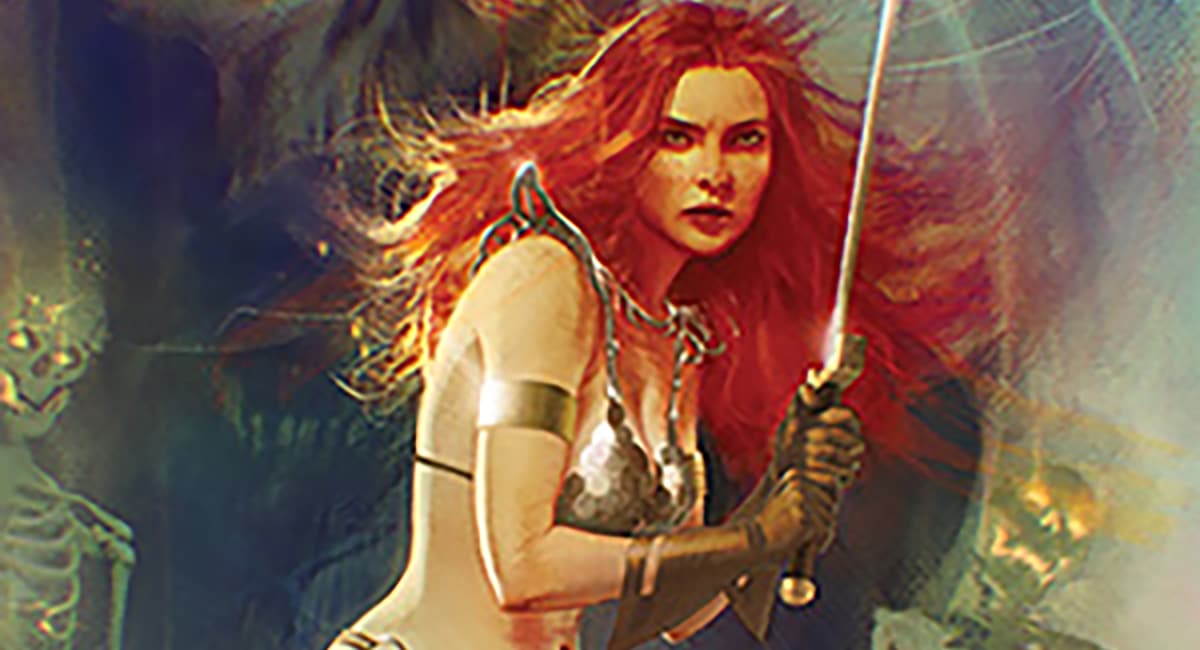
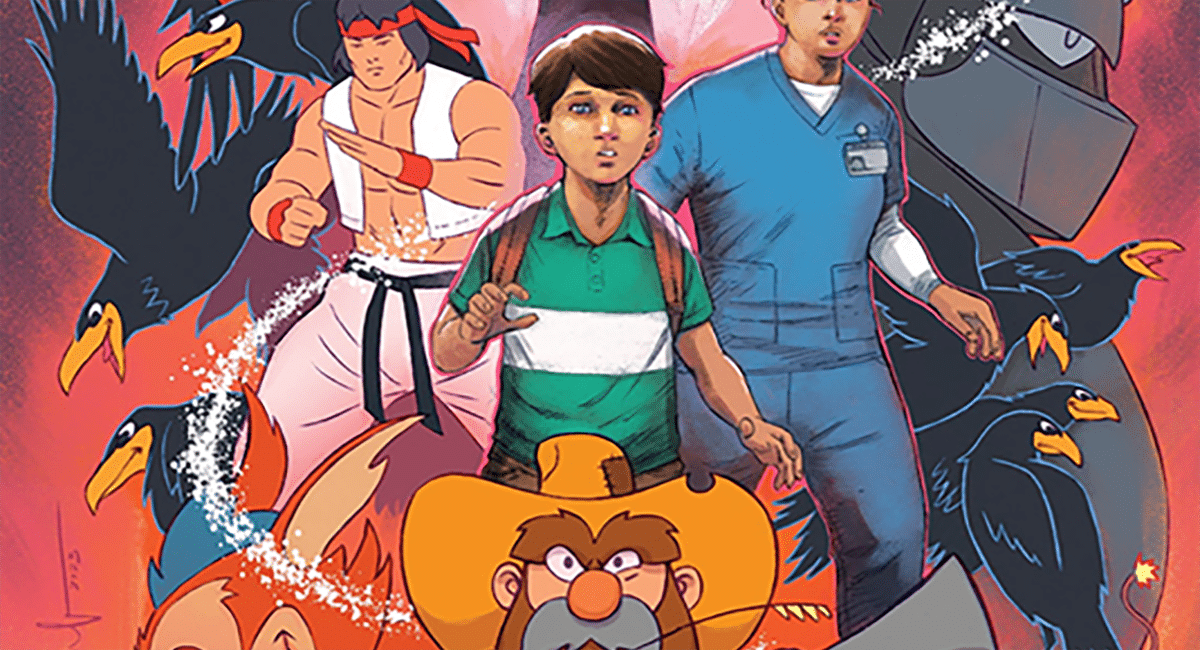
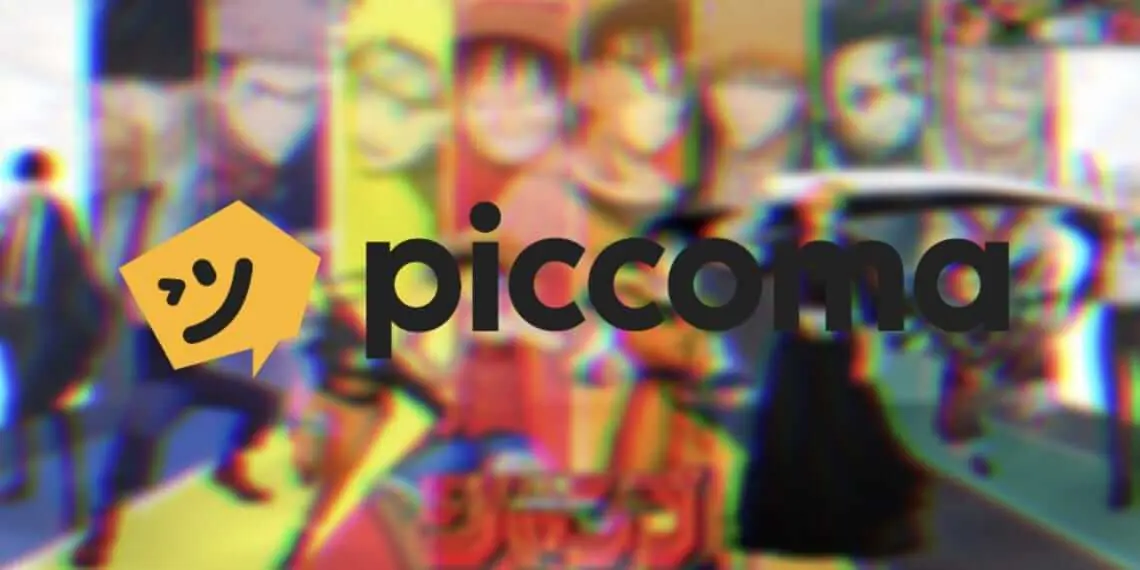

I’m not sure about Aaron Brown’s experimental poetry…
@Aaron Browne, Would she be making a bigger difference if she stopped doing her comic and instead started ranting about stuff in the comments section of a comics news site?
Aaron, you OK?
Comments are closed.